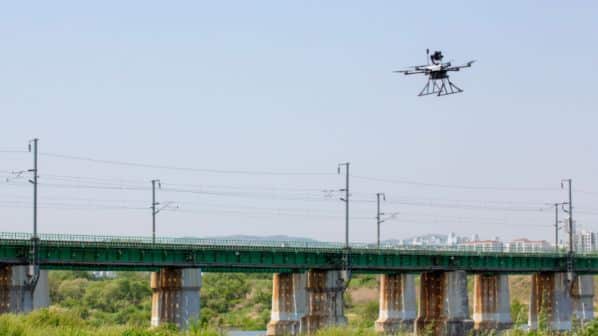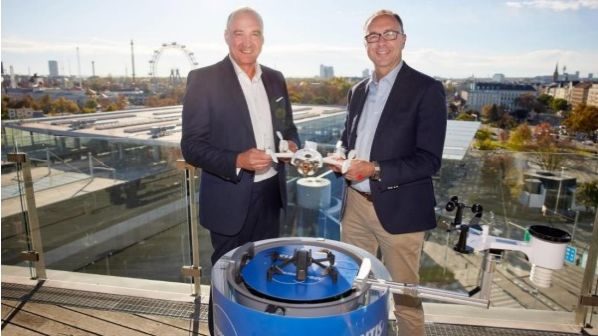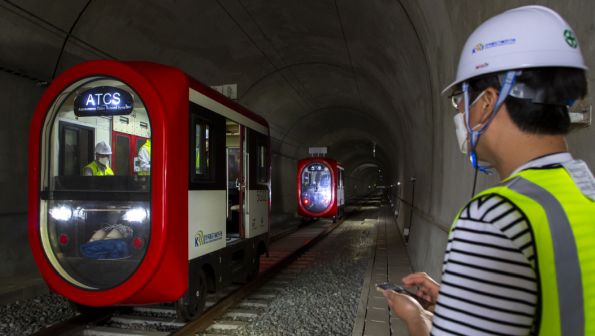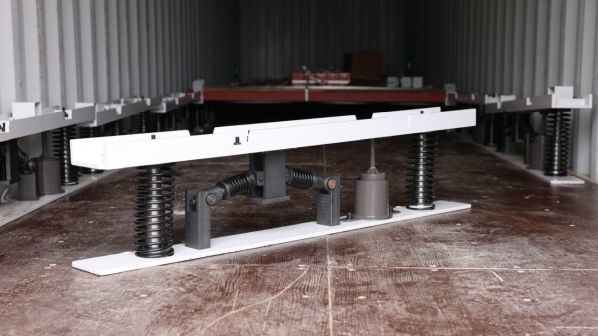THE Korea Railroad Research Institute (KRRI) has developed a system using drones and artificial intelligence (AI) for the automated inspection of railway infrastructure where access is difficult, such as bridge piers.
As well as improving worker safety and accelerating maintenance procedures, the new system is expected to reduce maintenance costs and enable the systematic management of bridge condition using big data.
The system consists of a drone, a mobile ground drone control station, and damage detection software that automatically detects faults by analysing video images captured by the drone.
The drone has two cameras to detect faults such as cracks, peeling and exfoliation of concrete, exposure of reinforcing bars, water leakage and corrosion. KRRI reports that the detection rate is over 85%.
Images captured by the drone are classified with an accuracy of 90% or more. The location of the damage is identified with an accuracy of 100mm or less, enabling a map of damage locations to be created.
The flight of the drone takes place without human intervention, and the automated navigation system has a positioning accuracy of within 700mm. The maximum operating distance is 1km, even in areas such as under bridges where the coverage of the GNSS global positioning system is not optimal.
Functional trials have been conducted for three months, testing 40 functions such as the damage detection rate which have all been found to be satisfactory by an authorised testing agency.
The automated inspection system has also been assessed by certification body Korea Testing Laboratory (KTL), and meets national product safety standards.
The system has been developed by KRRI under a national research and development project for the Ministry of Land, Infrastructure and Transport (Molit). The project has involved the participation of Korail, Korea National Railway (KNR) and Sejong University, as well as suppliers Yukon System and Softgraphy.
The four-year programme began in June 2019 and is due for completion in June this year. It is budgeted at Won 9.2bn ($US 6.99m).
“We plan to speed up procedures such as certification and registration for early commercialisation of the development system and active supply to railway institutions,” says Mr Yoon Hyuk-jin, principal investigator for the project and head of the ICT Public Transportation Research Department at KRRI.
KRRI president, Mr Han Seok-yoon, says that this new Korean technology “will lead the maintenance of railway facilities in the digital age.”




